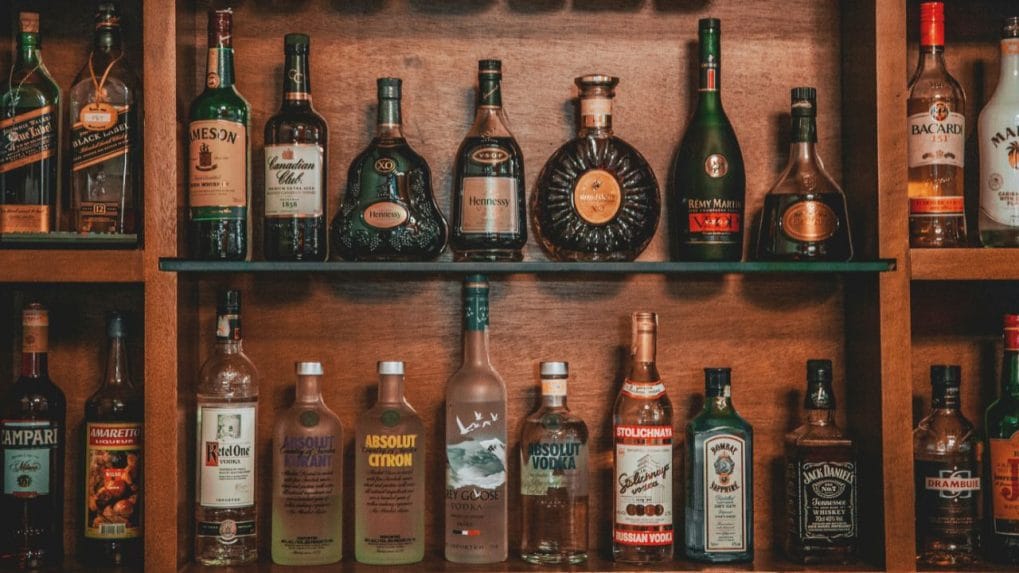How it Works
WPP, Havas, Omnicom: Are advertising’s biggest holdcos recasting agencies as AI Operating Systems?

The India-UK Free Trade Agreement (FTA) has brought a historic shift in the country’s alco-bev sector, immediately halving import duties on Scotch whisky and gin from 150% to 75%, with a roadmap to 40% over the next decade. While the move is expected to open up the premium end of India’s Rs 5.3 lakh crore alcoholic beverages market to global spirits, domestic players are already recalibrating their playbooks to stay competitive, and in many cases, seize new opportunities.
Abhishek Khaitan, Managing Director of Radico Khaitan Ltd., one of India’s largest Scotch importers, welcomed the move, calling it a "momentous growth signal" for both countries. "This treaty represents a substantial opportunity for value creation. We foresee strategic and cost advantages, with our Scotch requirements alone valued at over Rs 250 crore in FY26," he said.
Khaitan also highlighted that reduced duties could accelerate premiumisation and enhance cross-border collaborations in the industry.
But the FTA is not a one-sided win for international brands.
As Nita P Kapoor, co-founder of Integrated Insights Consulting and former CEO of ISWAI, pointed out, over 90% of imported alcohol comes in bulk, not bottled form. These imports are vital for Indian-made foreign liquor (IMFL) and bottled-in-India (BII) segments.
“With India shifting toward premium spirits, bulk Scotch has become a key input, supporting SMEs, MSMEs, and even exports. That’s where the real opportunity lies,” Kapoor said.
State-Level Regulatory Challenges
Despite the headline tariff reductions, Kapoor cautioned that India’s regulatory complexity could dampen FTA advantages.
“Each state is a regulatory island with no harmonisation in excise policies. Retail remains largely offline, with over 75% of sales through physical stores, and brand-building is constrained due to advertising bans,” she noted.
For international players, this means navigating a fragmented, protectionist environment with limited tools to create direct consumer engagement.
Even so, global brands like Diageo and Suntory have applauded the treaty. Diageo India’s MD & CEO Praveen Someshwar said it would “reignite growth and increase choice” for Indian consumers. Neeraj Kumar of Suntory Global Spirits described the FTA as a pivotal step that would improve affordability and access.
Desi Spirits, Premium Makeover
Indian brands, however, are not sitting idle. Mokksh Sani, co-founder of Cartel Bros and Living Liquidz, said the new duty regime would push domestic players to focus more on premiumisation, craftsmanship, and digital storytelling.
“We’ll also benefit from lower bulk Scotch duties to improve quality and competitiveness, even if retail pricing remains sensitive to input costs,” he said.
He also emphasised that the Indian government must implement safeguards, such as a Minimum Import Price (MIP) framework, stricter billing data monitoring, and reciprocal access for Indian spirits in the UK to prevent dumping and protect domestic interests.
Investor sentiment, however, remains mixed.
Shares of players like Radico Khaitan and Som Distilleries dipped post-announcement, reflecting concerns over intensified competition in the premium and super-premium categories. But industry experts argue this is transitional.
Ankur Sachdeva, CEO of UBD (Uppal Brewers & Distillers), said the belief that Indian distilleries can’t compete with global brands is outdated.
“Indian producers are now world-class. The FTA will accelerate innovation, investment, and exports,” he said.
With India’s alcohol market projected to grow at 8–10% in FY26, reaching Rs 5.3 lakh crore (~$62 billion), spirits, already 65–70% of total revenue, will remain the primary growth engine.
Abhishek Modi, MD of Modi Illva, tempered expectations of immediate price cuts.
“Despite the duty relaxations, rising input costs, energy inflation, and currency volatility will keep landed costs high. Margin protection will likely be a priority for global brands,” he said. However, he expects increased competition to boost transparency and push the entire ecosystem toward higher standards. “In the long term, this will benefit consumers and strengthen brand authenticity across the board,” Modi added.
Ultimately, while the FTA lowers formal barriers, success in India’s alco-bev market will depend on more than just pricing: regulatory reform, smarter brand strategies, supply chain efficiencies, and equitable market access abroad will determine who truly benefits.
From purpose-driven work and narrative-rich brand films to AI-enabled ideas and creator-led collaborations, the awards reflect the full spectrum of modern creativity.
Read MorePraveen Someshwar, Managing Director and CEO of Diageo India, joins the Grand Jury of the Storyboard18 Awards for Creativity, highlighting the awards’ focus on work that blends cultural relevance with strategic and commercial impact.